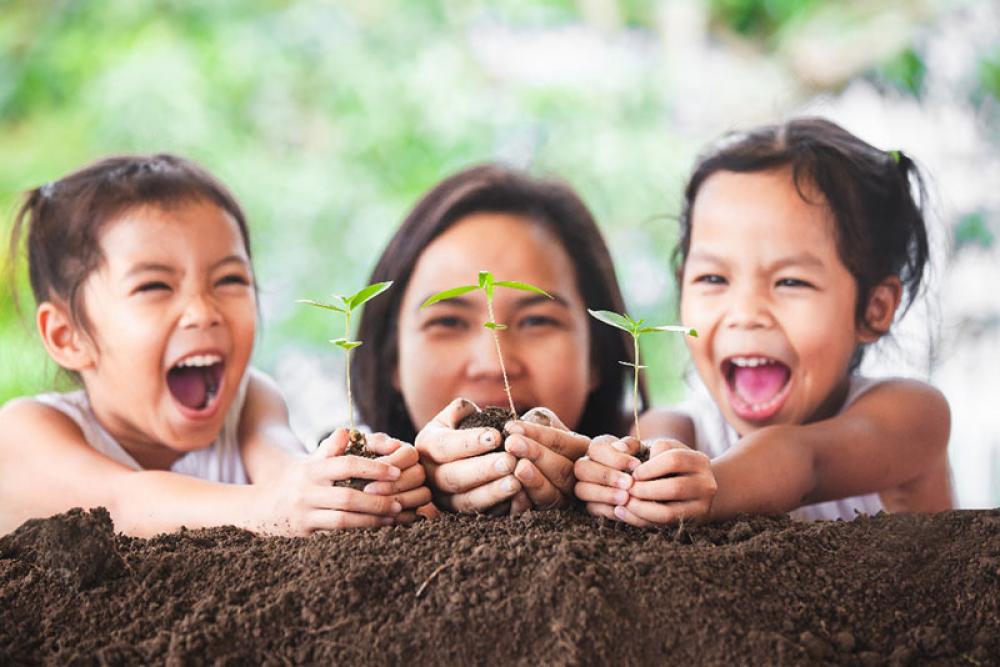Just Earth News | @justearthnews | 08 Mar 2022

The aggravating impact of the COVID-19 pandemic on existing inequalities, coupled with the effects of the climate crises and disasters in the region, is erasing many hard-fought gains made towards gender equality.
A dialogue among women leaders in the Asia-Pacific region to mark International Women’s Day 2022 also underscored the severe and unevenly distributed consequences of climate change and environmental degradation, while highlighting women’s voice and leadership in climate action and disaster risk reduction.
“Despite the discrimination women and girls face, they should not be viewed as victims without agency. Having managed the sustainable use and conservation of biodiversity for generations, women and girls hold essential knowledge and skills,” said Armida Salsiah Alisjahbana, United Nations Under-Secretary General and Executive Secretary of ESCAP.
She added that their potential remains untapped and under-utilized in the region as women are underrepresented in parliaments and as environment-related ministers and policymakers.
“Women's voice and agency in environmental decision-making is key to ensuring that their experiences, needs and concerns are brought to the forefront of environmental resource management and conservation. Their meaningful participation in decision-making should be promoted in environment-related government bodies, the private sector, as well as natural resource management groups, including at the grassroots level,” said Sarah Knibbs, Officer-in-Charge of UN Women Asia and the Pacific.
Held under the theme, ‘Equality today for a sustainable tomorrow,’ the regional commemoration was organized by the United Nations Economic and Social Commission for Asia and the Pacific (ESCAP) and the UN Women Regional Office for Asia and the Pacific (ROAP). It featured special addresses by the UN Secretary General, Ministers from across the region, youth environmental activists, and champions in gender equality and women’s entrepreneurship in green business.
Panelists at the event also highlighted how pre-existing gender-based discrimination has limited the capacity of women and girls in the region to adapt and recover from climate-related shocks, environmental changes and long-term impacts of the pandemic. They further shared areas of strategic collaboration, from grassroots to policy, to address the critical barriers to women’s empowerment within this context.
Women possess unique knowledge and experience, particularly at the local level, in areas such as agriculture, conservation and the management of natural resources. Women are more likely to consider their families and communities in decision-making processes, allowing for more holistic and effective climate action. Their inclusion in decision-making processes, as well as including the gender lens into climate and environmental policies is critical to effective climate action.
An estimated 18 percent of countries in Asia and the Pacific have a woman minister for the environment, while only 6 per cent have a woman minister for fisheries according to UN Women’s recent report, Women and the Environment: An Asia-Pacific Snapshot, launched today. This limits women's influence over environmental decision-making, including conservation strategies. Promoting women's participation in environmental decision-making within countries can impact natural resource management policies and practices.
This year’s IWD theme aligns with the priority theme for the 66th session of the Commission on the Status of Women, ‘Achieving Gender Equality and the Empowerment of All Women and Girls in the Context of Climate Change, Environmental and Disaster Risk Reduction Policies and Programmes’.